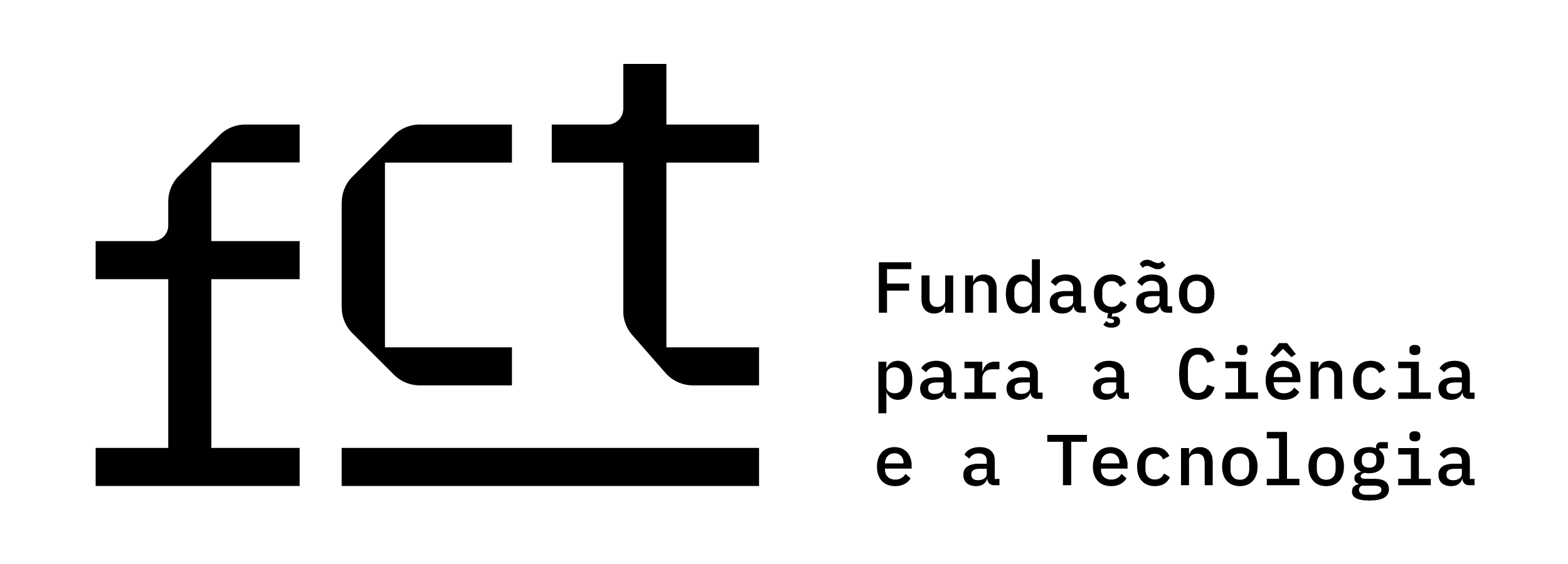CNCVir
To thrive in an ever changing environment, pathogens must tightly regulate their gene expression. The survival to their hosts poses additional challenges in order to subvert the host defense mechanisms and to express in a coordinated way virulence genes and determinants during the colonization and infection processes, often in different host environments.
The discovery of bacterial small non-coding RNAs (sRNAs) and the unveiling of their roles as global posttranscriptional regulators added a new level of complexity to our comprehension on the regulatory networks. This achievement highlighted the importance of these regulatory RNAs in controlling not only the general bacterial physiology but also bacterial pathogenesis. A major class of the known sRNAs acts by antisense, by base pairing with specific mRNAs and changing their translation and/or stability. This base-pairing is often mediated by the RNA chaperone Hfq that facilitates the interaction of many sRNAs with their mRNA targets. The protein has been shown to be required for the full virulence in several bacterial pathogens. The Burkholderia genus is composed by a large number of diverse and extraordinary versatile species that inhabit a wide range of ecological niches. This genus also encompasses well known opportunistic or obligate pathogenic members that are able to cause human, animal or plant diseases as the opportunistic pathogens of the B. cepacia complex (Bcc) and the primary pathogenic species B. pseudomallei and B. mallei. Bacteria of Bcc can cause severe and often lethal pulmonary infections in individuals with cystic fibrosis (CF), chronic granulomatous disease as well as other immunocompromised patients.
In this project we propose to identify the coding and non-coding transcripts expressed by B. cenocepacia when infecting its host – the coding (for protein) and non-coding (sRNAs) virulome. The nematode Caenorhabditis elegans will be used as a model of infection. The B. cenocepacia virulome will be assessed based on deep-sequencing analyses. Particular emphasis will be given to the non-coding virulome, i.e., the sRNAs expressed when the bacterium is infecting its host. Results are expected to unveil the genes and sRNAs expressed by B. cenocepacia when infecting its host, most probably a common feature among pathogenic members of the Burkholderia genus like Bcc, B. pseudomallei and B. mallei.
Project webpage Start year 01/05/2016 End year 30/10/2019 ID PTDC/BIA-MIC/1615/2014 iBB Role Coordinator iBB Budget 141 254,29 € Research Group BSRG PI Jorge Leitão Project Partners n.a. Status Completed Funding FCT - Fundação para a Ciência e Tecnologia


